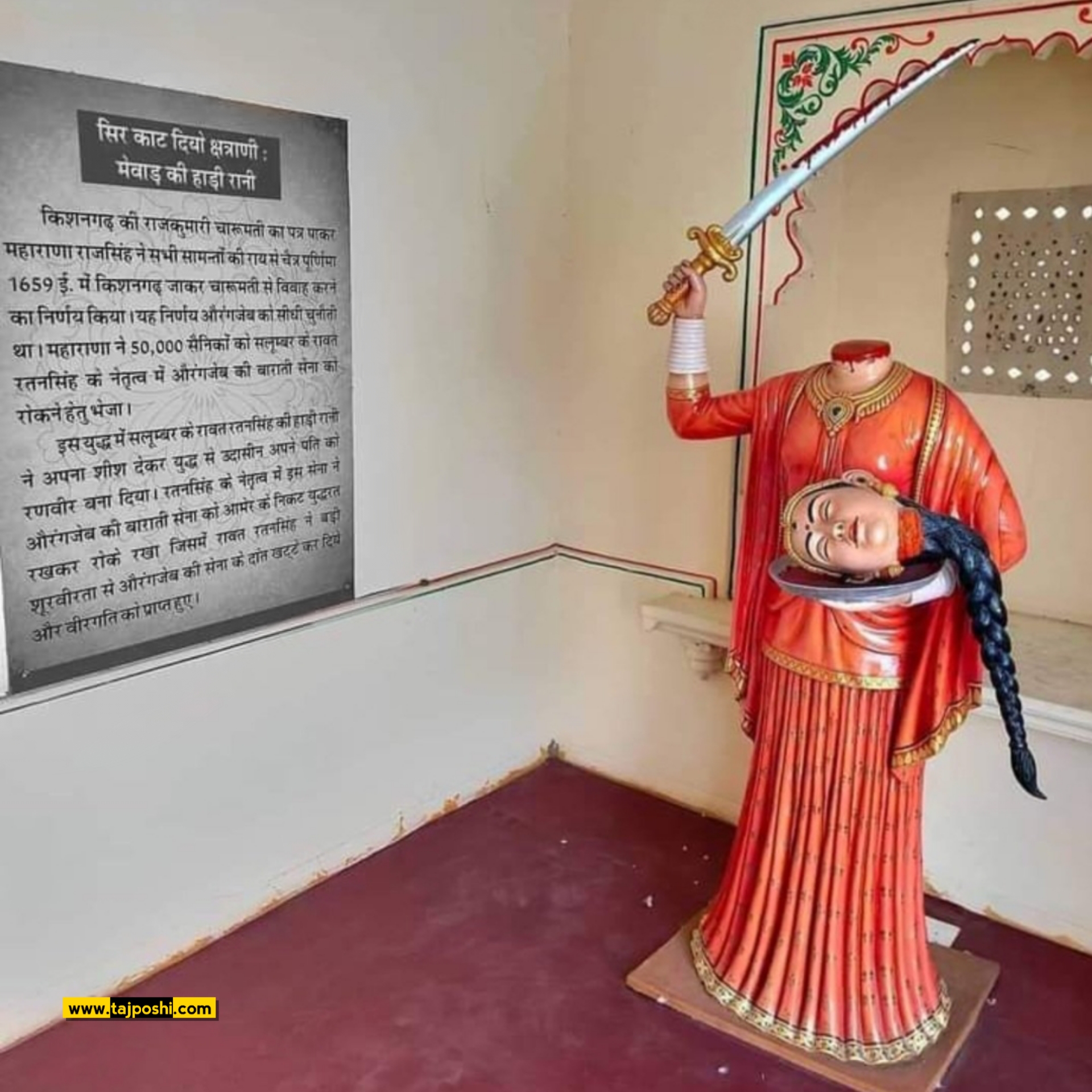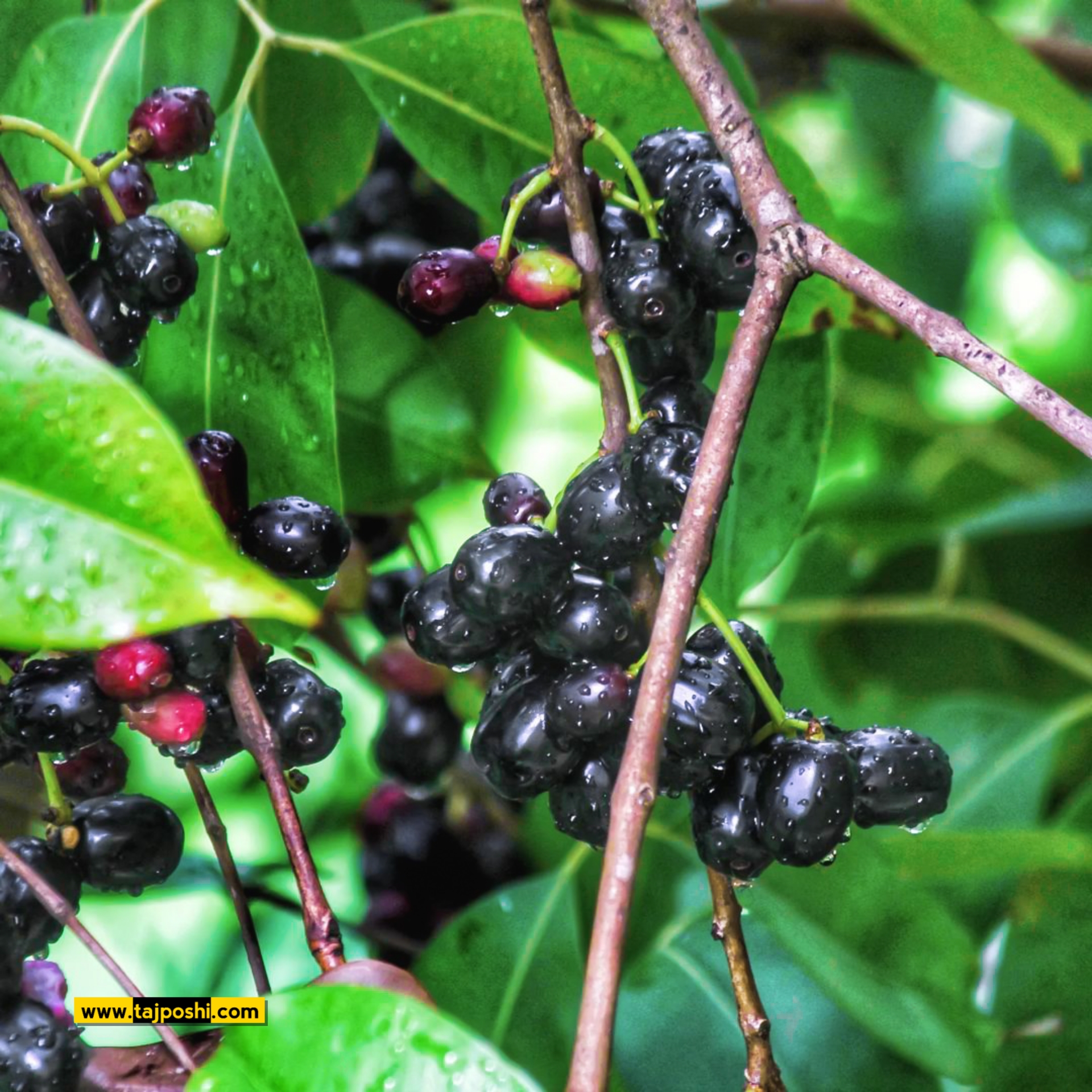There were many freedom fighters in the first freedom struggle of 1857 who sacrificed their lives for freedom. And in the first freedom struggle, two such heroes were Rani Lakshmi Bai of Jhansi and Bundela Raja Raja Mardan Singh of Lalitpur. In the War of 1857, Raja Mardan Singh fought many battles against the British Raj.
Translate this article in your favourite launguage
Who was Raja Mardan Singh Judev?
Raja Mardan Singh was the Bundela ruler of Lalitpur, which was located in the southern part of the Jhansi region of modern-day Uttar Pradesh. In the First War of Independence in 1857, he was one of the important persons who took up arms against the British.
Mardan Singh was born in 1799. His father, Mod Prahlad, was the king of Chanderi, a small princely state in Bundelkhand. Mardan Singh succeeded his father in 1842.
The bravery and valor of Jhansi's Rani Lakshmibai, who soured the teeth of the British, are recorded in the golden pages of history!
Queen Of Jhansi, Laxmibai
Many freedom fighters, like India's heroine Rani Lakshmi Bai of Jhansi, Bundela Veer Maharaja Mardan Singh Judeo, and Babu Veer Kunwar Singh, used to blow the bugle against the British for the freedom of India.
Rani Lakshmibai of Jhansi was defeated in the ongoing war between the British and Rani Laxmibai of Jhansi in the Revolt of 1857. She cleverly left with her adopted son and reached Kalpi, 107 miles away. The fire of taking revenge from the British was burning inside her, and she started planning a strategy to attack Gwalior. Not seeing herself safe even in Kalpi, Rani Lakshmi Bai of Jhansi wrote a letter for help to Maharaja Mardan Singh Judeo of the Bundel dynasty of Banpur-Chanderi, the princely state of Madhya Pradesh. And sent a message that a woman has been put in trouble by the Firangis; you are requested to help, follow your Kshatriya religion, protect us, and cooperate with us in this war.
Letter written by Rani Lakshmibai of Jhansi to Raja Mardan Singh Judeo for military help:
A handwritten letter written by Rani Lakshmibai of Jhansi to Raja Mardan Singh for military assistance is displayed at the top of the article. This is a letter written by the queen. Looking at this letter carefully, it is known that it has been written in Hindi. In which a figure of a woman has also been made along with her stamp to represent Rani Lakshmi Bai.
We do not know in which museum this letter is kept. Due to the poor handwriting of this letter, it is difficult to read. But some words can be read clearly. The words written in the queen's letter are as follows:
"Letter of Rani Lakshmi Bai to Lalitpur Naresh Raja Mardan Singh"
"Shri Maharajadhi Raj, Shri Raja Mardan. We are engaged in the preparation of the army, which is why we are of the opinion that India should not be ruled by foreigners. We have full faith. And we are preparing the army. That's why it is very important to fight with them. necessary."
Apart from this, some words are not clear in the letter written by the Queen. But it is known from some words that the queen inspired Mardan Singh to fight the war against the foreigners. And she also marks the address in the letter for military assistance.
Maharaja Mardan Singh Bundela was sitting to eat; there was a plate of food in front of him. Then his messenger came and told this news to Raja Saheb. Maharaja Mardan Singh Judev got up, leaving the plate of food, and Shahgarh Naresh Raja Bakhtavali Judev Bundela and his trusted, skilled generals called Bundela and prepared a contingent of soldiers, and Rani Lakshmibai of Jhansi set out for help.
The joint army of Rani Lakshmi Bai of Jhansi, Maharaja Mardan Singh Judeo, and Raja Bakhtavali Judeo Bundela ji attacked the British, and a fierce battle took place.
The joint army of Rani Lakshmi Bai of Jhansi, Maharaja Mardan Singh Judeo, and Raja Bakhtavali Judeo Bundela ji attacked the British, and a fierce battle took place.
After putting him in jail, he put a condition in front of him that if he accepts the subordination of the British and befriends them, then Maharaja Mardan Singh Judev will be released and his kingdom will be returned to him.
But Kshatriya blood and motherland protector Bundela Veer Mardan Singh Judev ji rejected the subordination of the British. And rejecting the Rajpath of British subjugation, he chose heroism in the defense of the motherland. Seeing this determination and patriotism of Maharaja Mardan Singh Judev, the British got angry, and on December 12, 1860, Maharaja Mardan Singh ji's entire Rajpath was snatched and locked in Lahore Jail.

For 27 years, the British kept harassing Maharaja Mardan Singh Judev and forcing him to accept the submission of the British, but Maharaja Mardan Singh Judev did not accept the submission of the Firangis. Enraged by this, the British started forcing Maharaja Mardan Singh to accept submission and bow down, and after 27 years, in 1874, he was taken out of Lahore jail and locked in Mathura jail, where they started torturing him to accept submission.
But till the last moment of his life, Maharaja Mardan Singh Judeo did not accept the subordination of the British, and he kept repeating the same thing even in the last moment of his life:
Indian Khan cannot be enslaved by capturing the government,
Do not accept slavery while alive and die.
And saying this, Maharaja Mardan Singh Judev died on July 22, 1879. He was a Kshatriya of the Bundela dynasty, a branch of the Gaharwar dynasty. He was a descendant of the great warrior of the Mughals, Kaal Maharaja Chhatrasal Bundela Ji. Remembering his valor, sacrifice, and patriotism, his birth anniversary ( Jayanti) is celebrated every year on July 22.
The story of the bravery of Raja Mardan Singh is still recorded in history. But even if people do not know about him or have forgotten him, he played an important role in the freedom struggle of 1857. And because of his patriotism, he thought it appropriate to die instead of accepting the English story.

















